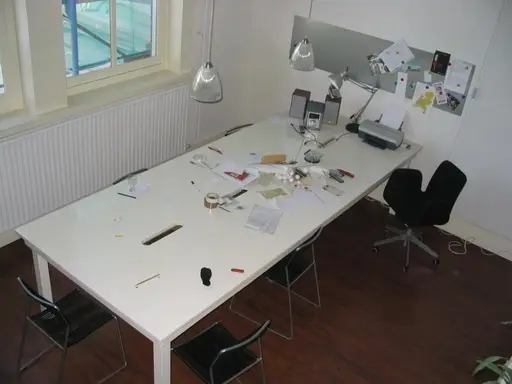Ovidiu Tichindeleanu
philosopher and cultural theorist, Cluj and Chisinau
Ovidiu Ţichindeleanu (born 1976) is a philosopher and cultural theorist. After studying philosophy in Cluj, Strasbourg, and Binghamton, he obtained his Ph.D. in Philosophy in 2008 with the dissertation The Graphic Sound. An Archeology of Sound, Techn
Ovidiu Ţichindeleanu (born 1976) is a philosopher and cultural theorist. After studying philosophy in Cluj, Strasbourg, and Binghamton, he obtained his Ph.D. in Philosophy in 2008 with the dissertation The Graphic Sound. An Archeology of Sound, Technology and Knowledge at 1900, currently in preparation for publication in English. He is editor of the magazine Idea Arts + Society and coordinator of the Panopticon Collection of IDEA publishing house. In addition, he is a member of the Decolonial Thinking research group at Binghamton University, New York and co-founder of the Romanian Indymedia platform. Recent publications include: Romanian Revolution Televised. Contributions to the Cultural History of Media (ed., with Konrad Petrovszky, 2009) and The Anticommunist Illusion (ed., with Vasile Ernu, Costi Rogozanu, and Ciprian Şiulea, 2008). Ţichindeleanu lives and works in Cluj.During his stay at BAK Ţichindeleanu is working to finalize his book The Postcommunist Colonization. A Critical History of the Culture of Transition, which is an attempt to theorize the cultural history and history of concepts relevant to the profound socio-cultural transformations of the post-communist transition (1989–2009). In the book, written from the perspective of an exile-immigrant, he relates the post-communist condition with the coloniality of power in a theoretical approach that combines ideology critique with archeological analysis. While the main focus of the work and most archival sources are Romanian, Ţichindeleanu hopes that this project has a larger reach as it brings into visibility a problematic field related to the wider experience of “post-communism” in the lives of independent authors in the “former East”-European bloc and beyond. The opened debate on West/East relations shares a number of theoretical and intellectual concerns with BAK’s long-term project Former West, which allows for the potential of dialogue and exchange about Ţichindeleanu’s work as it might relate to the conditions found in the “former West” as well.
